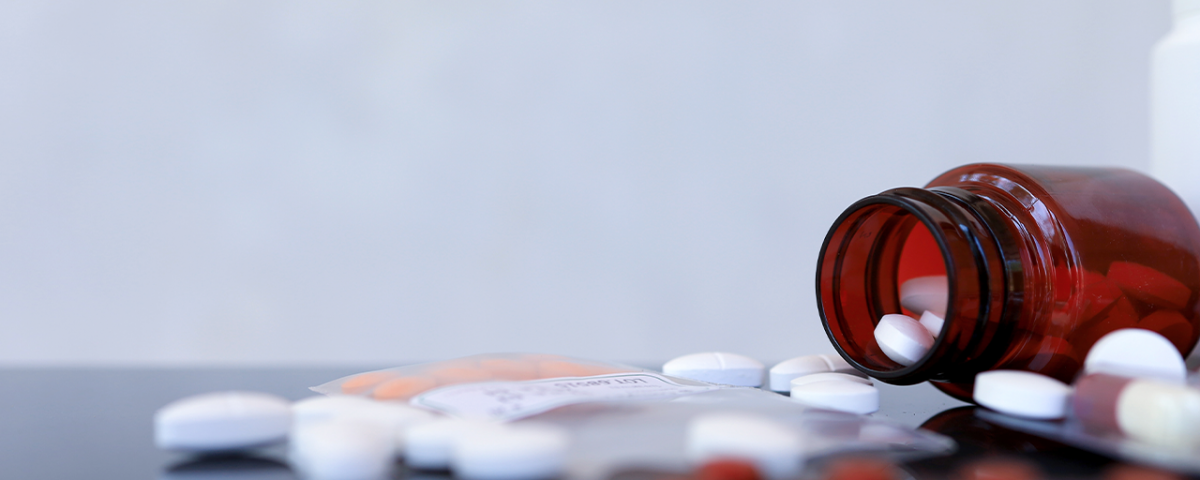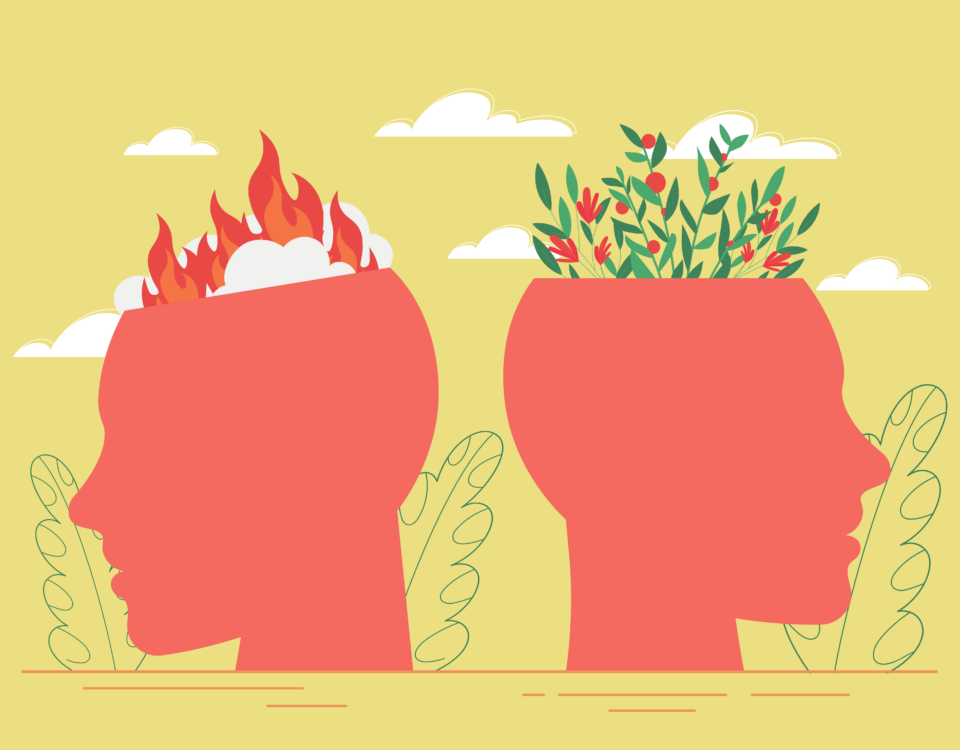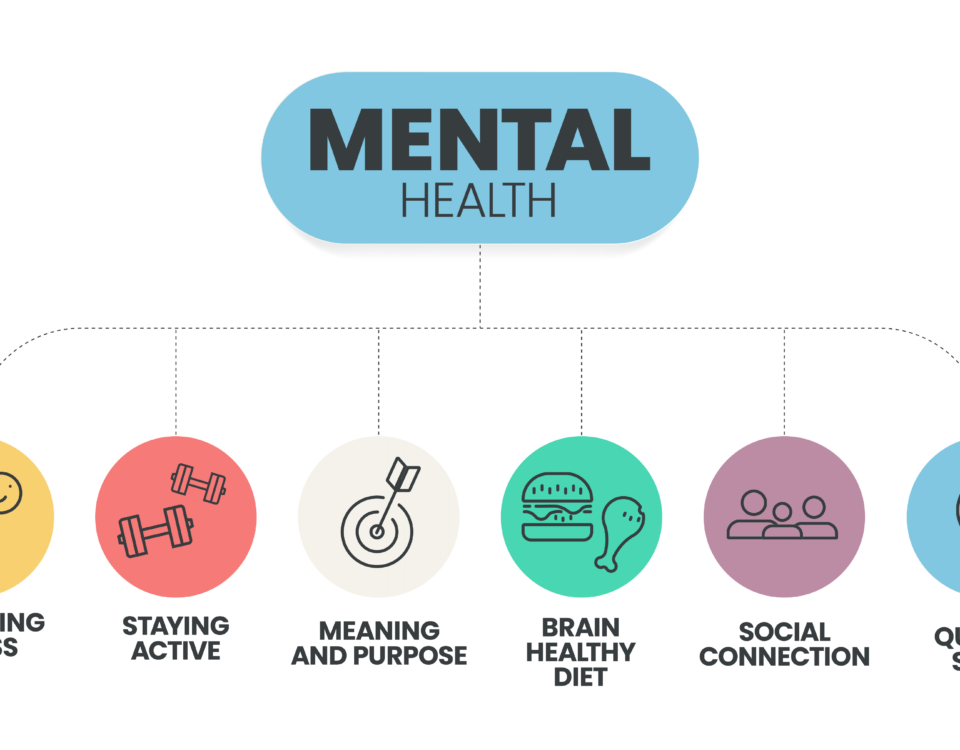Phenethylamine is a trace amine that can be found in small amounts in the brain. These increase the release of dopamine and serotonin, the “happy hormones” that are linked to mood and mental health. Although it’s available as a supplement and therefore marketed as being entirely safe, our Chicago rehab is sharing more on what phenethylamine is and its dangers.
What Is Phenethylamine (2C)?
Phenethylamine (also known as PEA, 2C, β-phenylethylamine, 2-phenylethane-1-amine, and Benzeneethanamine) is a trace anime naturally found in the central nervous system (CNS) and brain of humans and other mammals. The term “trace amine” means it’s found at a much lower concentration than other amines.
Similar to the neurotransmitter (chemical messenger) norepinephrine, phenethylamine is produced in the brain and spinal cord and stimulates nerve activity. It’s produced in small amounts through the CNS and is made from the essential amino acid phenylalanine, which is usually found in foods that are high in protein.
Phenethylamine is metabolized by the enzymes monoamine oxidase B (MAO-B) and aldehyde dehydrogenase to phenylacetic acid and is then excreted in the urine. According to some sources, phenethylamine supplements are designed to improve athletic performance, help with depression, aid in weight loss, and improve mood and attention. However, there’s no scientific evidence to back up these claims, so we can’t help but wonder what the dangers of phenethylamine drugs are.
Questions about our Facilities or Programs?
Our admissions coordinators are available 24/7 to answer any questions you may have as you consider whether treatment at Banyan is right for you or your loved one.
How Does Phenethylamine Work?
Phenethylamine works by stimulating the body to produce certain chemicals that play a role in depression and other mental health disorders. People who don’t make enough phenethylamine naturally may therefore be helped to prevent mood disorders by taking it as a supplement. However, too many phenethylamine supplements can lead to side effects that are similar to those caused by amphetamines or stimulants, which is why they aren’t FDA-approved.
Specifically, phenethylamine activates a receptor (TAAR-1) in the brain to trigger the release of neurotransmitters. These send chemicals to different targets in the body, causing specific responses like happiness, sadness, wakefulness, and more. Activating TAAR-1 also stimulates the release of serotonin, epinephrine, dopamine, and more. These neurotransmitters also impact mood, cognitive function, and mental well-being.
Phenethylamine Effects
While this drug is now being used as a supplement in many places, phenethylamine was also considered a designer drug, especially from 1994 to 2002. There were various formulations of phenethylamine that were sold as designer drugs, including 2C-B, 2C-T-2, or 2C-T-7.
Additionally, it’s important to understand that phenethylamine shares a chemical structure with drugs like amphetamines and synthetic cathinones, both of which are commonly abused recreational drugs. A particular class of phenethylamines that are abused for recreational highs is 2C, which relates to the 2 carbons between the benzene ring and terminal amine group in its chemical structure.
Common side effects of phenethylamine include:
- Rapid heart rate
- Anxiety
- Agitation
- Worsening symptoms of mental illness
- Headaches
- Nausea and/or vomiting
- Constipation
- Upset stomach
- Heartburn
- Confusion
- Dizziness
- High blood pressure
In addition to these side effects, it’s also important to consider that many drugs sold on the street without the protection of FDA approval may contain additional substances that are unknown to users. These substances often include chemicals and other drugs that either aren't meant for consumption or can be addicting and life-threatening. Therefore, while phenethylamine chocolate and other supplements may be tempting, it’s best to speak to your doctor about natural ways to increase dopamine and improve your mood.
Getting into treatment is easy with our free insurance verification
"*" indicates required fields
Help for Drug Abuse and Addiction
While there’s very little research concerning the dangers of 2C (phenethylamine) abuse, there’s just as little research about its benefits. Therefore, it’s best to avoid using this supplement and instead reach out to your doctor if you’re struggling with mental illness and need help.
Additionally, for those who struggle with substance abuse of any kind, our Illinois addiction treatment includes a wide array of substance-specific programs to treat all kinds of substance use disorders.
For more information about our services and how to get started, call Banyan Treatment Centers today at 888-280-4763.
Source:









